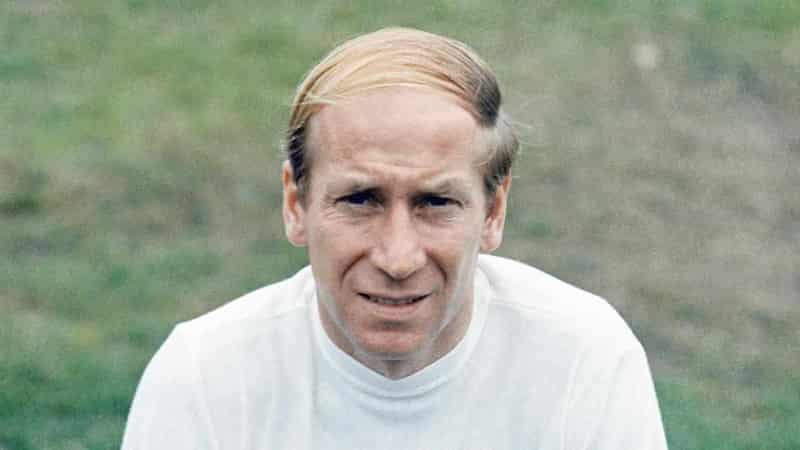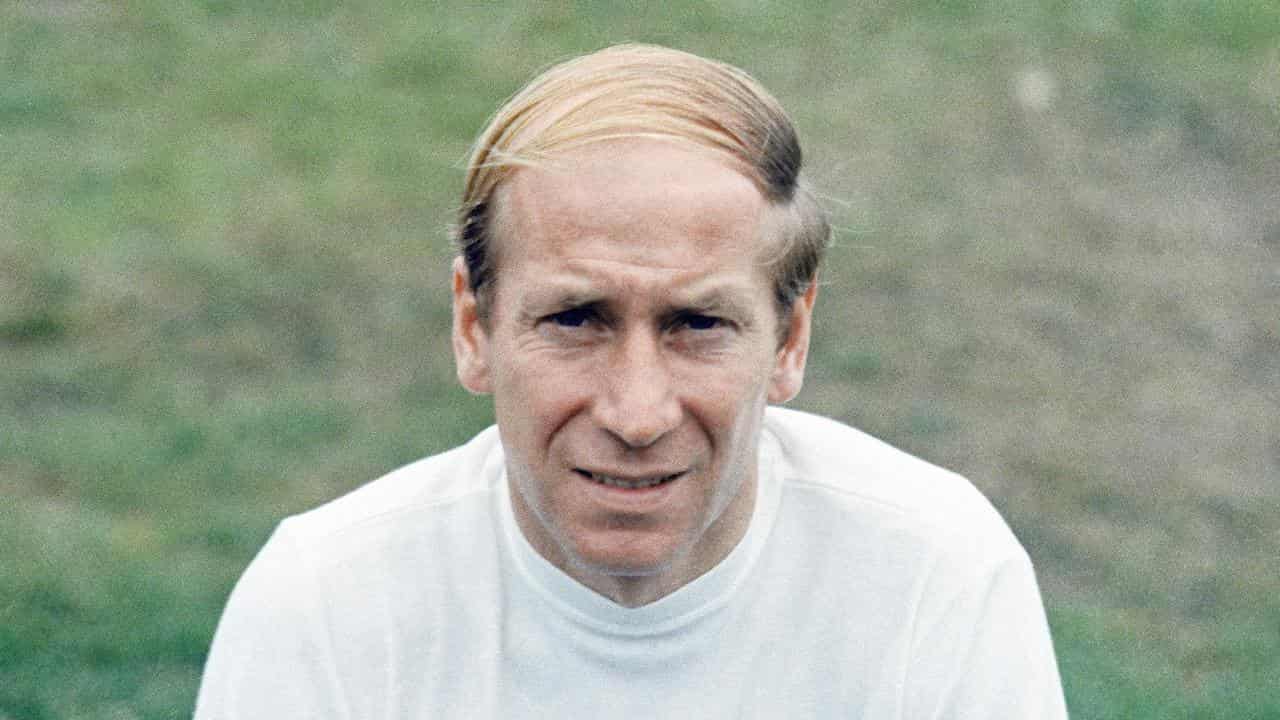
Bobby Charlton, an English soccer icon who survived a plane crash that decimated a Manchester United team destined for greatness and went on to become the heartbeat of his country's 1966 World Cup-winning team, has died. He was 86.
A statement from Charlton's family, released by United, said he died on Saturday surrounded by his family.
An extravagantly gifted midfielder with a ferocious shot, Charlton was the leading scorer for both United (249 goals) and England (49 goals) for more than 40 years until being overtaken by Wayne Rooney.
“Sir Bobby was a hero to millions, not just in Manchester, or the United Kingdom, but wherever football is played around the world,” United said.
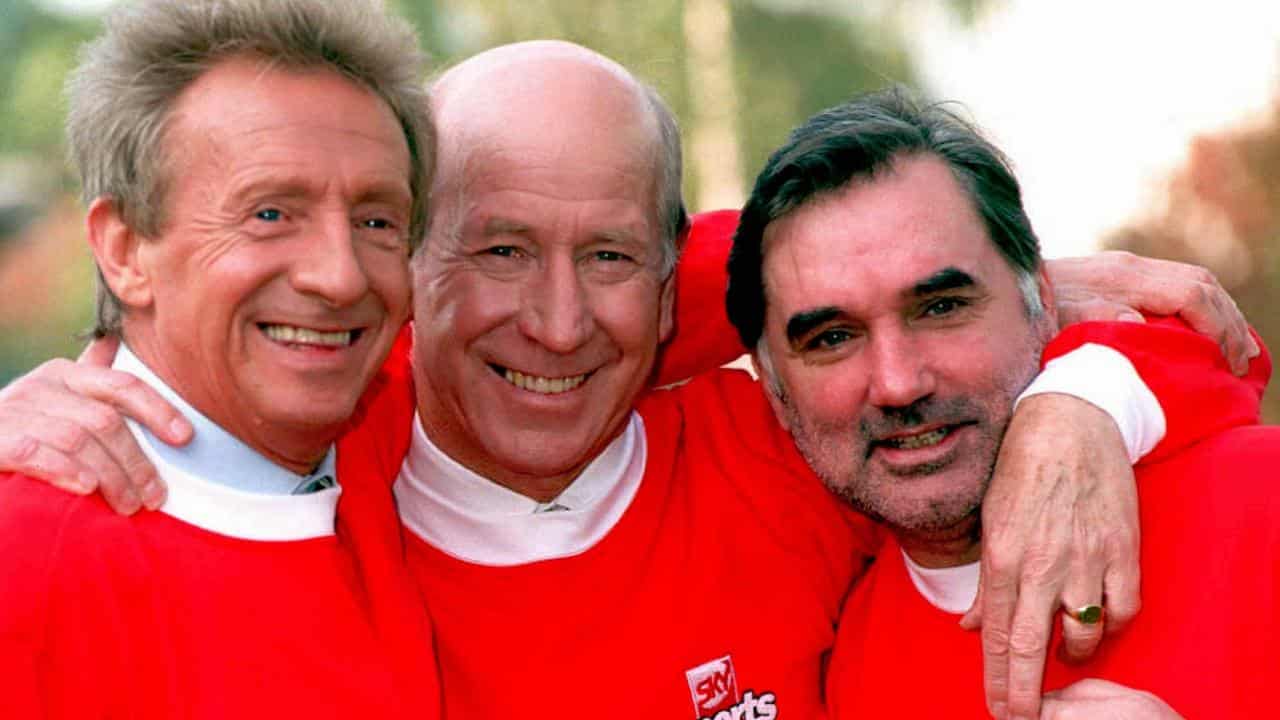
“He was admired as much for his sportsmanship and integrity as he was for his outstanding qualities as a footballer; Sir Bobby will always be remembered as a giant of the game.”
Alex Ferguson, who managed United from 1986-2013, once said he “is the greatest Manchester United player of all time — and that’s saying something.”
“Bobby Charlton is absolutely without peer in the history of the English game,” Ferguson added.
Charlton was also renowned for his humility, discipline and sportsmanship. He was never sent off in 758 appearances for United from 1956-73 or 106 internationals for England from 1958-70.
Charlton played with George Best and Denis Law in the so-called “Trinity” that led United to the 1968 European Cup after surviving the 1958 Munich crash that wiped out the celebrated “Busby Babes” team. He won three English league titles at United, and one FA Cup.
“For a footballer, he offered an unparalleled combination of grace, power and precision,” said former United defender Bill Foulkes, another survivor of the Munich air crash.
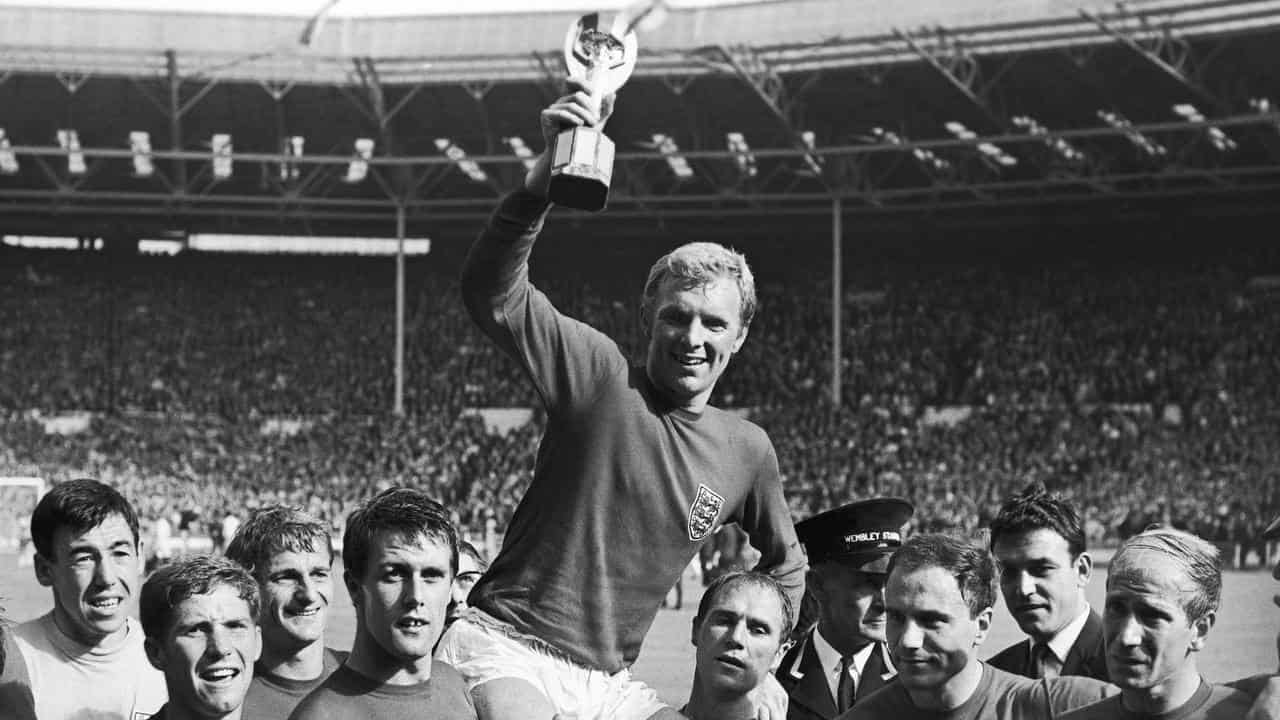
“It added up to a greatness and something more — something I can only call beauty.”
Charlton’s England scoring record stood for 45 years until Rooney scored his 50th goal for the national team in September 2015.
Three of his England goals came in the World Cup in 1966, during which Charlton stood out especially in the semi-finals when he scored twice against Portugal to lead England to a first major final.
England beat West Germany 4-2 after extra time in the final, cementing his place in the nation's affections along with his big brother Jack, a defensive pillar.
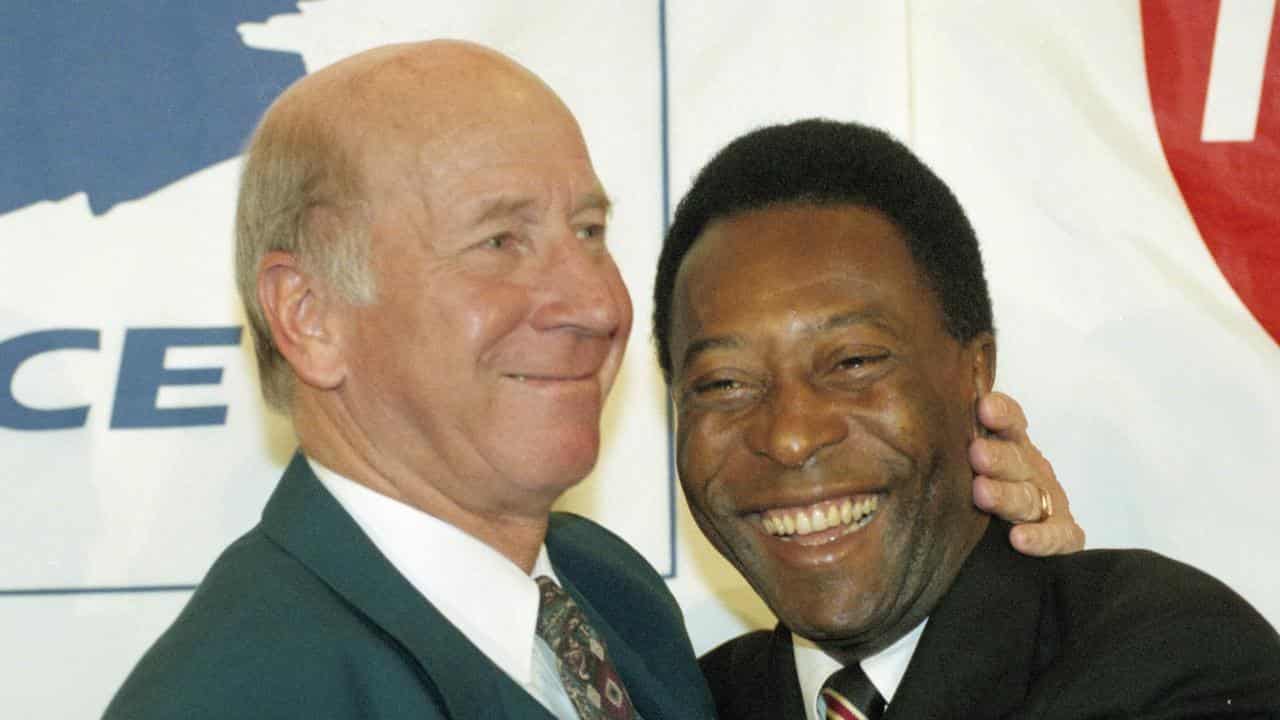
After retiring in 1973, Charlton went into coaching and founded a youth scheme that included David Beckham, a future United and England great, among its participants.
After brief spells in charge of Preston, Wigan and Irish side Waterford, Charlton returned to United in 1984 as a director and persuaded the board in 1986 to appoint Ferguson, who delivered 38 trophies during nearly 27 years in charge.
Knighted in 1994, he avoided the controversies and distractions that damaged the career of Best, with his style and demeanour bringing a popularity that transcended the tribalism of club and international football.
In November 2020, it was announced that Charlton had been diagnosed with dementia, the same disease that afflicted his brother Jack — who died in 2020 at age 85 — and another World Cup winner, Nobby Stiles.
Charlton's death left Geoff Hurst, who scored a hat-trick in the final, as the only surviving member of the '66 team.
“We will never forget him and nor will all of football,” Hurst said of Charlton on X. “A great colleague and friend, he will be sorely missed by all of the country beyond sport alone.”
Charlton was deeply affected by the 1958 Munich crash. The team was still celebrating winning at Red Star Belgrade to secure a place in the European Cup semi-finals when their plane caught fire on its third attempt to take off in heavy snow after a refuelling stop in Germany.
Charlton miraculously emerged from the smouldering wreckage with only light head injuries and picked his way through the wreckage to help survivors, including the manager Matt Busby, who had promoted him to the first team.
But eight members of the “Busby Babes” team packed with bright prospects were among the 21 fatalities.
Charlton became driven by a lingering obligation to preserve the memories of the Munich dead, and Busby rebuilt a brilliant team around him.
“There was always one great hope — the return to greatness of my beloved club,” Charlton said.
He not only achieved his dream - he became the greatest ever to grace that beloved club.
